The Rise in Hate Speech Targeting Palestinians in Israeli Social Media

The number of online attacks against Palestinians by Israelis are on the rise. Al-Shabaka Policy Analyst Nadim Nashif of 7amleh – the Arab Center for the Advancement of Social Media analyzes the results of his organization’s latest report on racism on Israeli social media and recommends ways to protect Palestinians and their freedom of speech.
Unifying Palestinians Through Education: Lessons from Experience
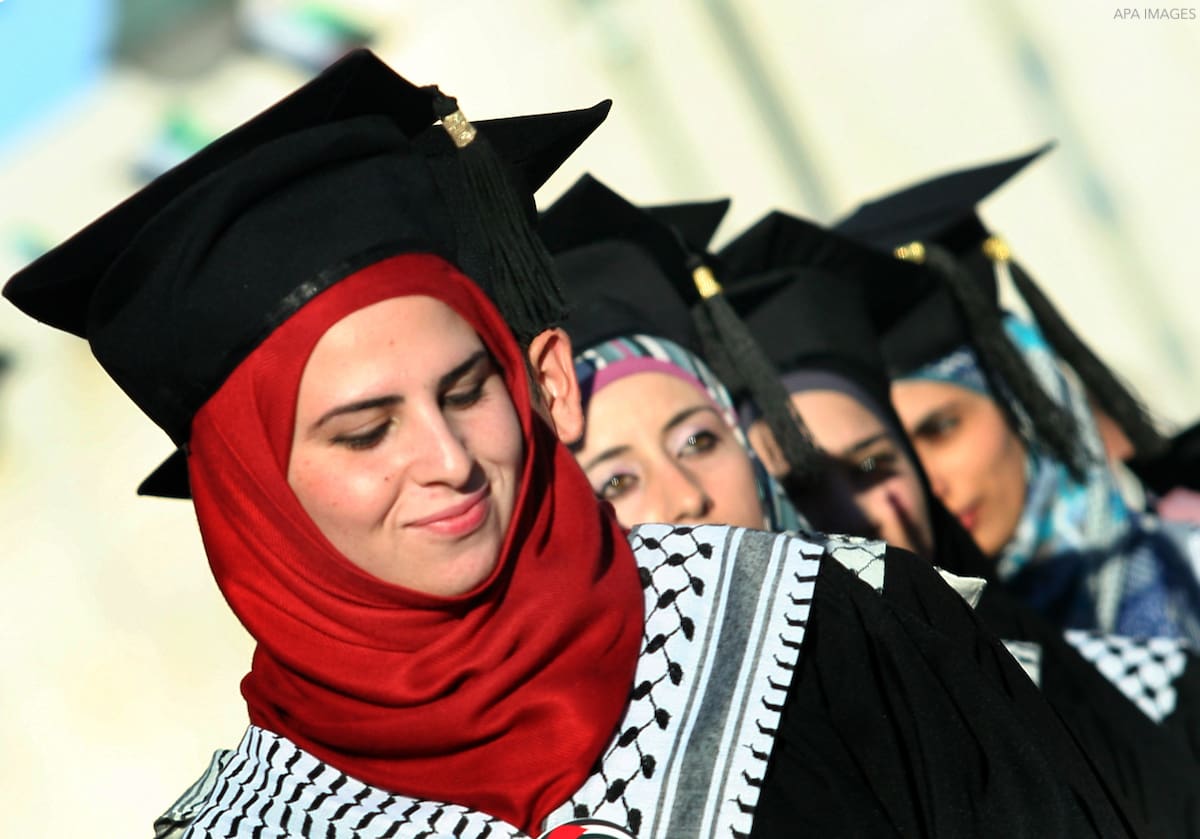
The higher education system serving Palestinians has contributed to and been impacted by national fragmentation. Al-Shabaka Policy Analyst Sam Bahour discusses an initiative he spearheaded to establish a Palestinian university in Cyprus, as well as earlier attempts to create Palestinian institutions of higher learning, and concludes with recommendations for those who might take up similar projects in the future.
Palestine, International Law, and a Radically Just Future
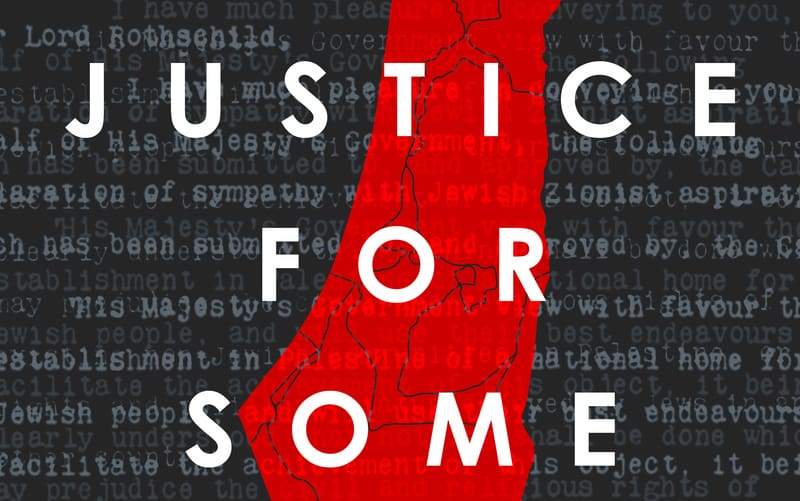
In her new book, Justice for Some: Law and the Question of Palestine, Al-Shabaka Policy Analyst Noura Erakat argues that though law can be used as a tool of domination by states, it can also advance progressive causes, including Palestinian liberation. Al-Shabaka spoke with Erakat about this approach and how it can be deployed to envision a just future.
Who Lost the Arabs?: Regional Relations with Palestine
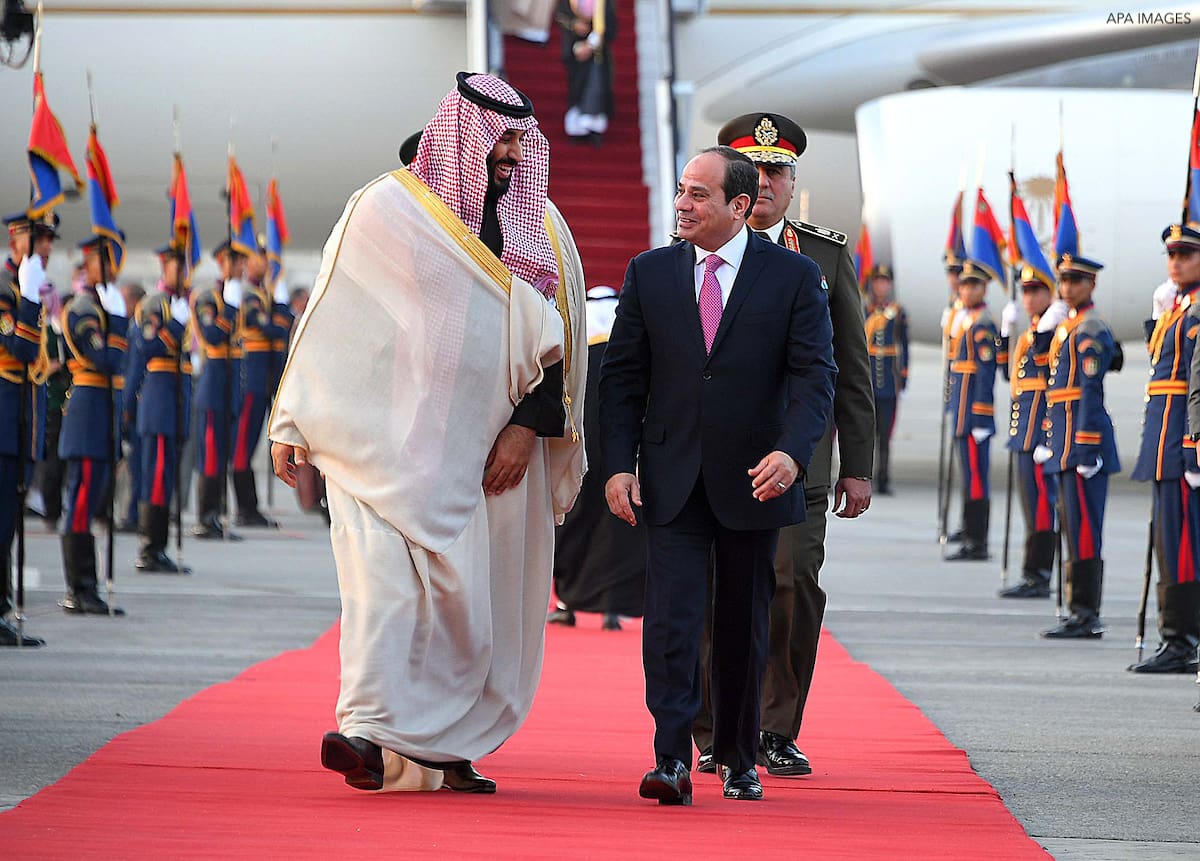
Progressive political analysts often critique Arab states for abandoning the Palestinian struggle for liberation. This roundtable, facilitated by Al-Shabaka Policy Analyst Nadine Naber and with contributions from Al-Shabaka Policy Analysts 24428, Loubna Qutami, and Sherene Seikaly, interrogates this critique, offering nuanced perspectives on whether and to what extent Arab states have abandoned or compromised the Palestinian cause.
Climate Change, the Occupation, and a Vulnerable Palestine
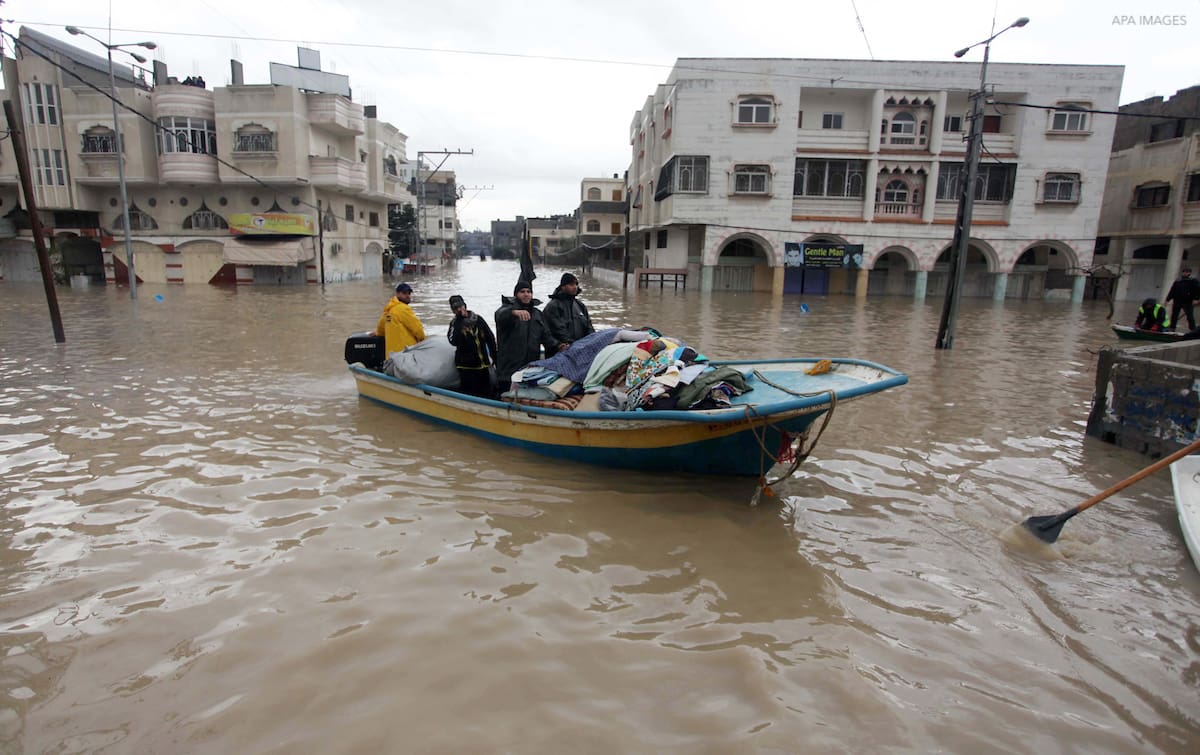
Palestinians are particularly vulnerable to the effects of climate change due to the Israeli occupation. In this policy brief, Al-Shabaka US Policy Fellow 24598 examines how Israel’s appropriation of Palestinian natural resources and restrictions on movement prevents Palestinians from pursuing climate change adaption, and recommends options available to those in the West Bank and Gaza Strip.
Climate Change and the Palestinian Authority
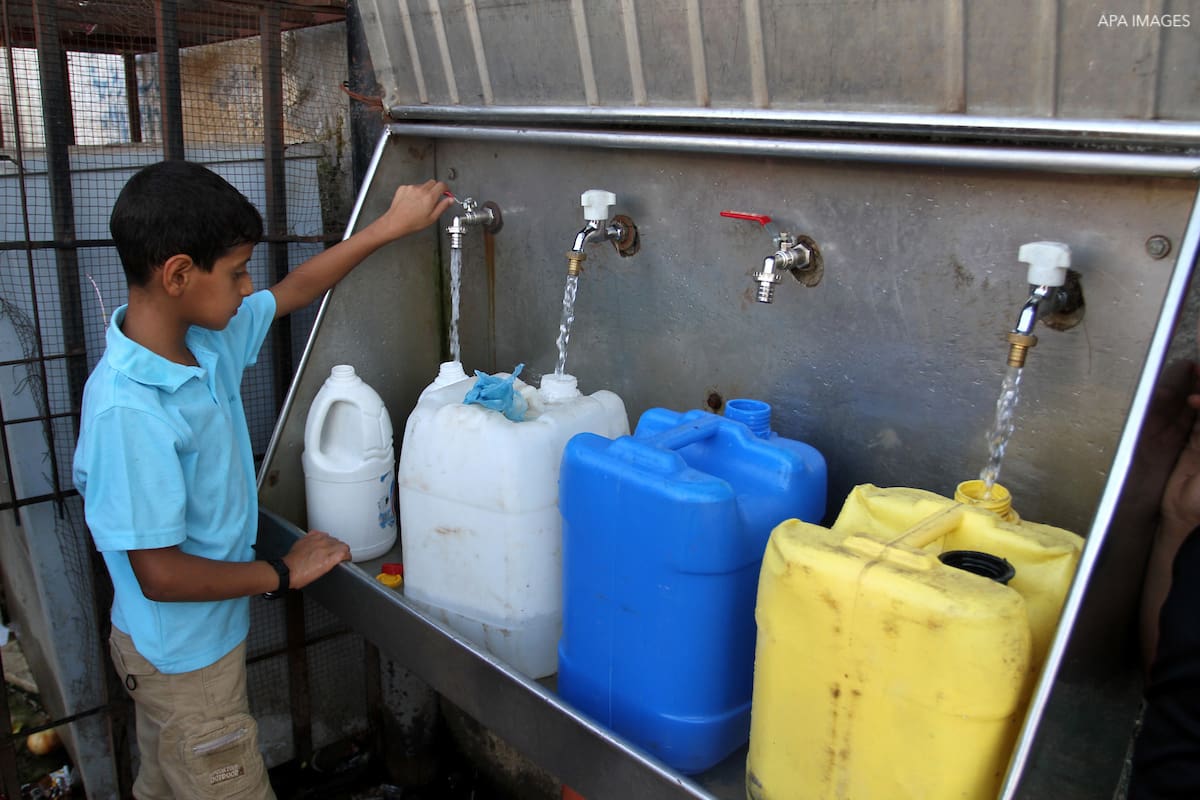
Despite Palestinians and Israelis inhabiting the same terrain, Palestinians will suffer the effects of climate change more severely. Al-Shabaka US Policy Fellow 24598 examines how the Israeli occupation prevents Palestinians from managing their land and resources and the Palestinian Authority from supporting climate change adaptation, and recommends ways to strengthen Palestinians’ ability to counter the climate crisis.
Israel’s Termination of the Temporary International Presence in Hebron
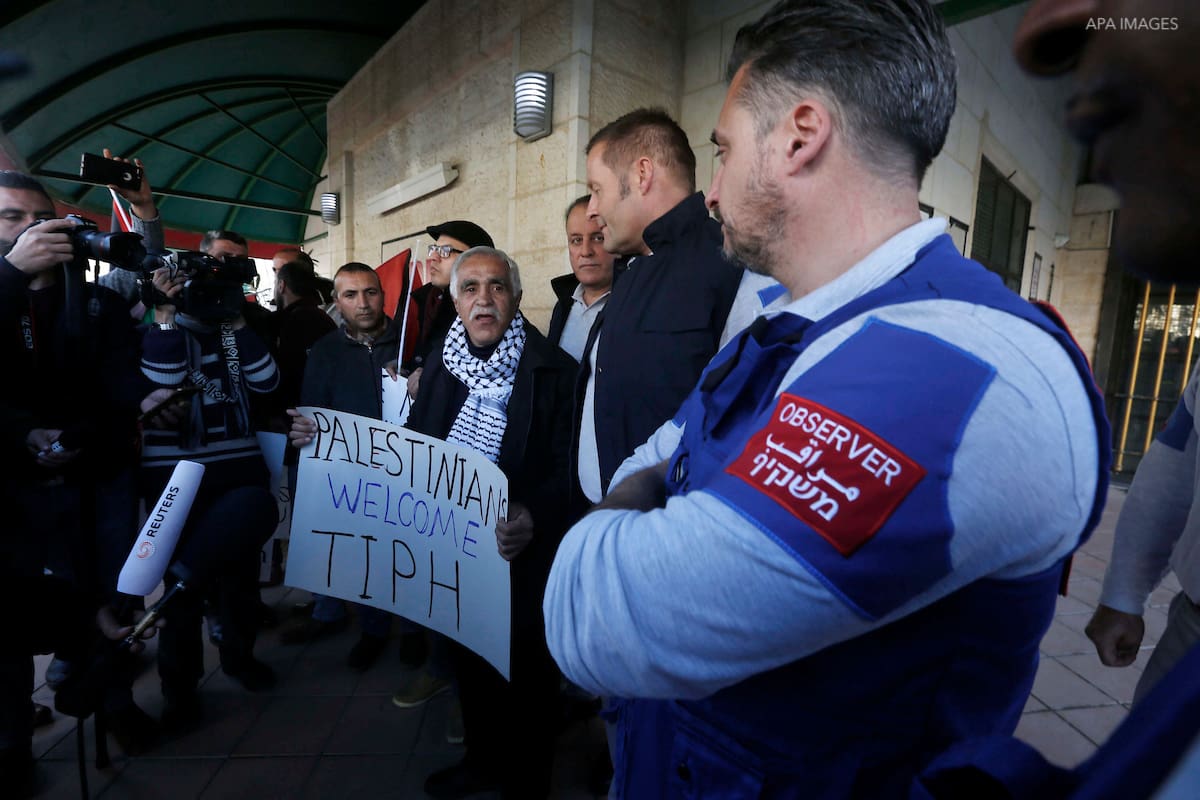
What’s behind Israeli Prime Minister Benjamin Netanyahu’s recent expulsion of the Temporary International Presence in Hebron (TIPH) – a group that had monitored human rights in the city for more than 20 years? Al-Shabaka Analyst Belal Shobaki sheds light on Netanyahu’s move and suggests ways for the international community to better defend Palestinian rights.
The Escalation of Israeli Collective Punishment of Palestinians
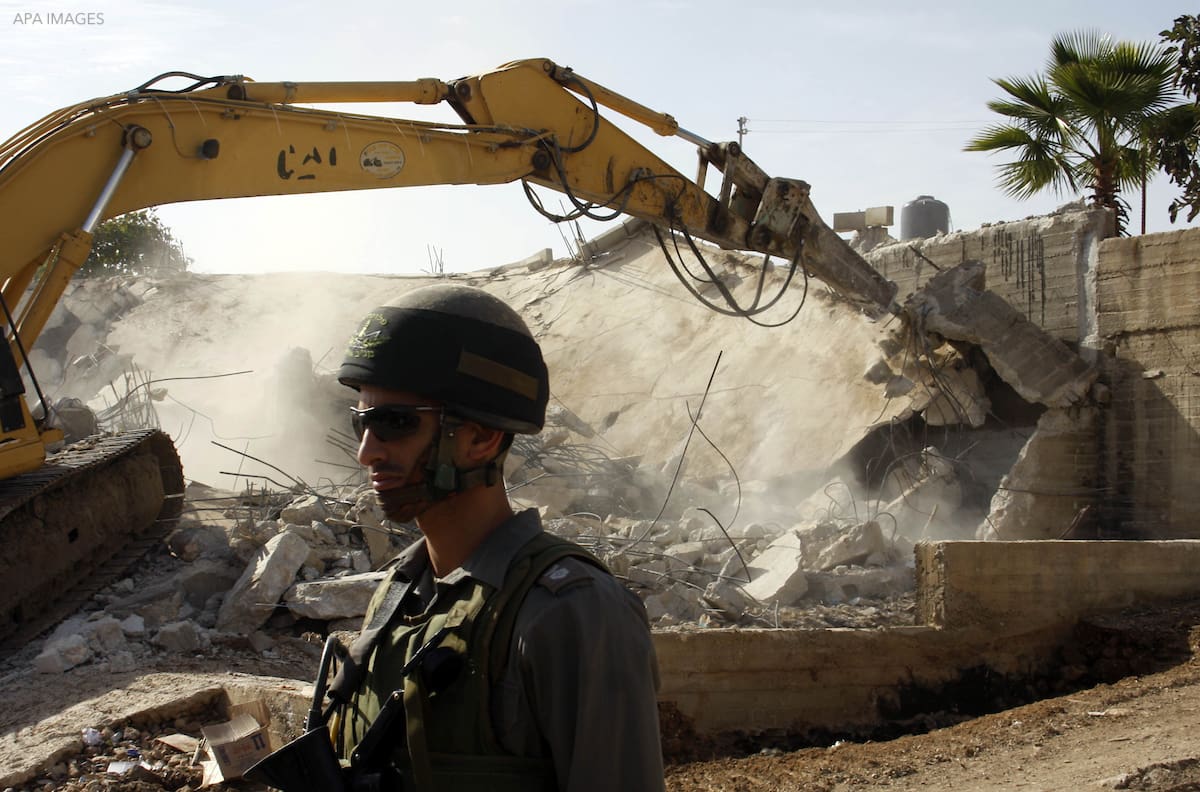
Israel has wielded collective punishment against the families of alleged Palestinian attackers since the military occupation began in 1967, but measures such as forcible transfer, home demolitions, and economic warfare have increased over the past several years. Al-Shabaka guest contributor 24498 tracks this surge and suggests possibilities for countering Israel’s expanding use of such tactics, which violate international law.
Palestine and the Israel-Saudi Arabia Alliance
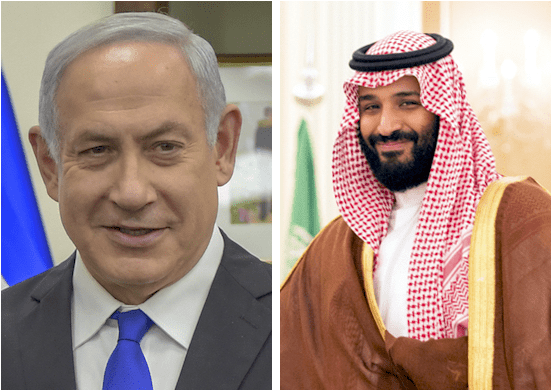
Israel’s sale of Pegasus software to Saudi Arabia, which it used to surveille Jamal Khashoggi before his October 2018 murder, brought relations between the two states into the public eye. Al-Shabaka spoke with analyst 24428 about what the Israeli-Saudi alliance means for Saudi Arabia, Palestine, and the Palestinian struggle for rights, and what Palestinians can do to counter it.









